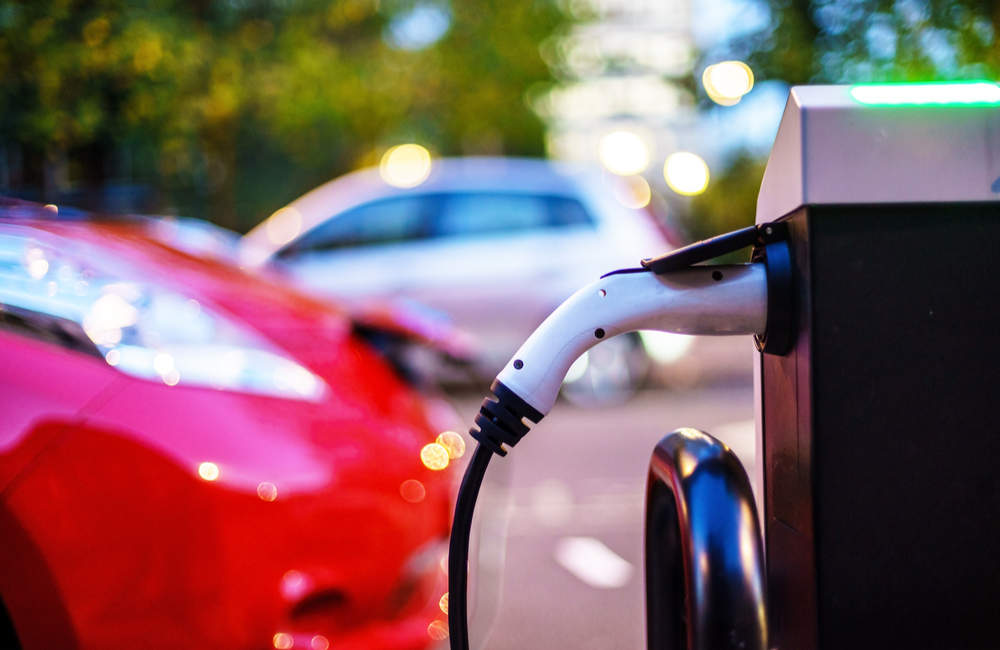
A report has warned that electrifying cars will not tackle traffic jams, wasted space for parking or/and urban sprawl. The Centre for Research into Energy Demand Solutions (CREDS) report calls on the government to have a good standard of living without needing a car.
The government said it spends £2 billion to promote walking and cycling. It also plans to spend £50 billion on improving roads.
The CREDS report argues the use of electric cars has the potential to increase car use and would lead to more congestion plus an unhealthy society.

Nick Eyre, CREDS Director, says: “Changing the way we use energy will be crucial to delivering a net-zero carbon UK. Energy supply has tended to be the main concern of energy policy, we need to shift that focus towards energy demand. Demand-side change has to be a major part of the strategy for an affordable, secure, net-zero carbon energy system. Delivering it will not be easy, as it is a broad and complex agenda. But delivering the UK’s transition without doing this would be much more difficult.”
By promoting walking and cycling it can lead to a more active lifestyle means less obesity, pollution and road danger. It also allows parking spaces to be liberated for more housing or gardens.
Sales of low emission cars have fallen in the UK along with new car sales. The sale of plug-in hybrid cars in June have halved since a year earlier. This meant that the alternatively fuelled car market overall sales drop for the first time since April 2017. Electrified vehicles accounted for about one in every 17 cars sold in June.
A Department for Transport spokeswoman said: “The plug-in car grant has supported the purchase of 180,000 new cars with over £700m, including 100,000 plug-in hybrids, and the government is now focusing on the cleanest, zero-emission models. That focus has paid off, with registrations of battery electric vehicles up over 60% this year compared to the same period in 2018.”